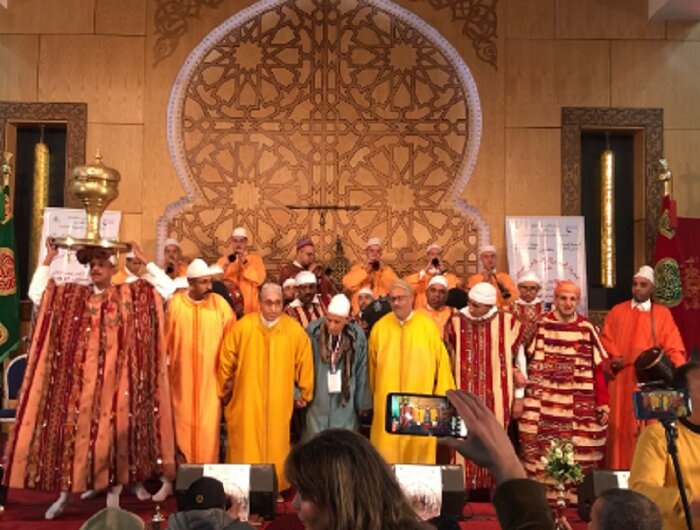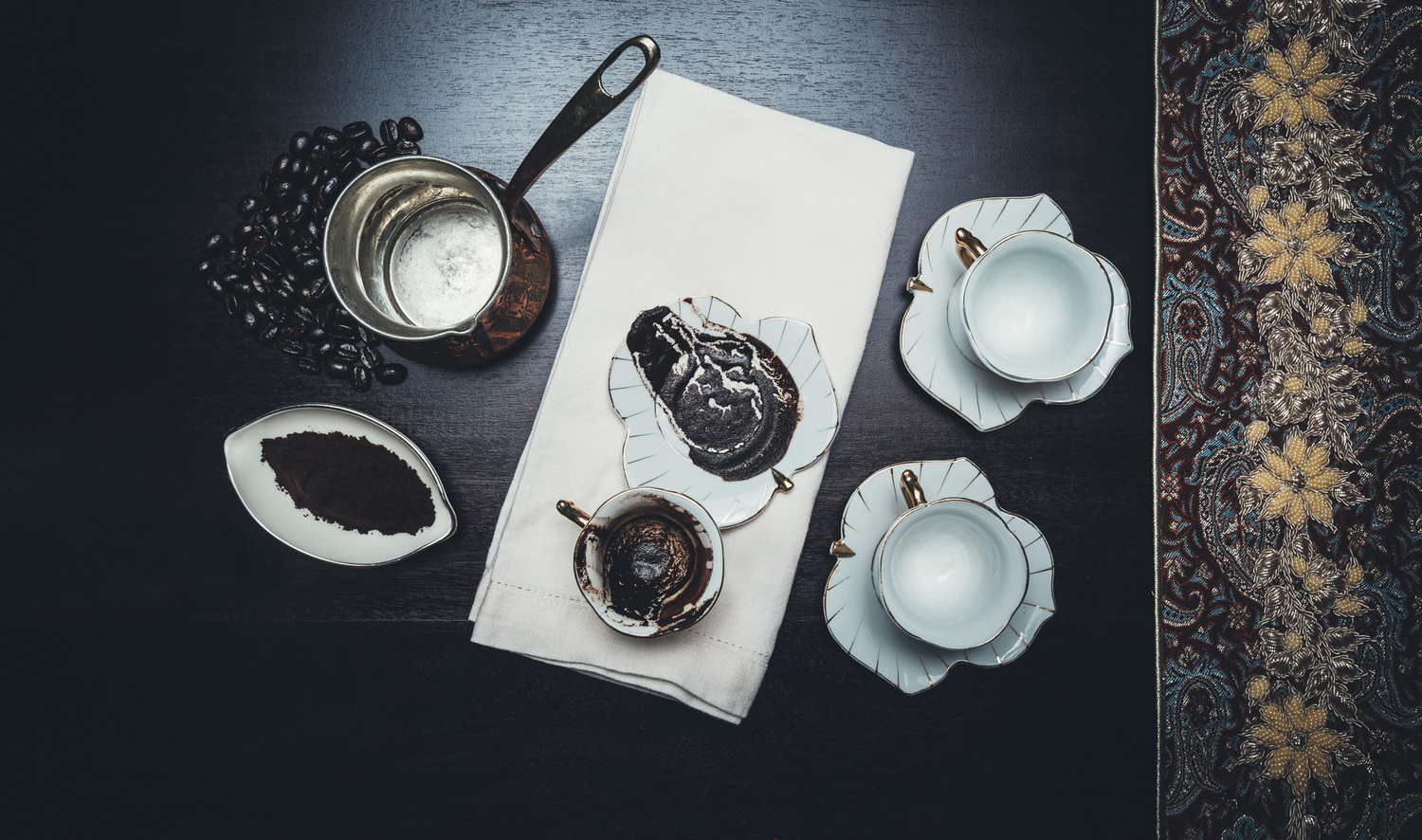Fez hosts the first annual National Festival of Heritage and Aissaoui Art preserving Aissawa tradition as spiritual and meditative art.
Rabat – Stepping off the train in Fez, I asked the locals if they were looking forward to the first annual National Festival of Heritage and Aissaoui Art. However, I did not receive the enthusiastic smiles that I was expecting. Instead, I was met with blank stares and hesitant questions.“What festival? Aissawa? I haven’t heard of any festival… in Fez?”
Trying to jog their memories, I showed them the festival’s poster with the location “I don’t know where that is. Are you sure it exists?”
I couldn’t hide my surprise and disappointment: In one of the largest cities in Morocco, the city that nurtured the very spiritual roots of Aissaoui art, nobody seemed to have heard of the festival. Perhaps I had got the date wrong.
After hours of weaving my way through the winding, intricate streets of Fez, I began to second-guess myself. The doubting words of the locals stuck in my mind; maybe there was no festival at all.
As the sun melted into the city, I stumbled upon chaotic traffic with cars hunting for parking. Police lights flashed on security guards who were waving hundreds of people into a large white building. Men in button downs, women in dresses, children in buckled shoes gathered outside while tourists and professional photographers lit up the night with white camera flashes.
I noticed the same festival poster that I had in my pocket hanging from the windows. I arrived, relieved, at the new community center in Ville Nouvelle where the festival very clearly existed.
Attendees swarmed around two small tents outside the building, sampling tea, coffee, and soup. I stood watching children running against the flow of people in a game of tag while their mothers sat, enthralled in conversation, with mugs warming their hands.
Inside, the buzz of chatter carried over rows upon rows of occupied chairs, I sitting among them. Heads turned impatiently toward the entrance, I thought they were looking for family and friends or to glance at those left standing, hovering over seats that were filled. They were, in fact, waiting with bated breath for the start of the performance behind them, not in front of them on an empty stage.
Led by a dancer carrying a large, golden censer on his head, the unforgettable nasally sound of horns, and energetic drumming proceeded from an adjacent hall. In a line, the musicians pushed through crowds who were eagerly snapping photos and bending over each other to catch a video of the performers dressed in traditional orange and white.
It was ecstasy in its purest form. The audience cheered, yelled throughout the performances clapping and waving their arms to the music. If it wasn’t for security constantly telling people to sit down, the building would have collapsed from the hundreds of people belting out songs of praise and jumping to their feet to dance. One man was escorted out for what I believe to have been over-excitement.
The energy exchanged between the performers and the audience spiraled around and around, and just as I thought the music could not get any louder, the horns wormed their way through my ears, my heart beating by the deep resonance of the drum. Aissawa music aims to be meditative and spiritual and I, along with the rest of the room, was in a trance; including the sleeping baby next to me.
Leader of the Fassi Issaoui (Aissaoui) Community, Imad Oudghiri told Morocco World News that this festival seeks to revive the pure “Aissawa art, without adding any grainy” material. He added that there are other Aissaoui festivals in Casablanca, Rabat, and Meknes, but the authentic Aissawa style is never preserved. His aim was more than achieved.
Aissawa music has gradually morphed its traditions over years of evolution. Once celebrated for spiritual enhancement and meditative purposes, it has slowly been forgotten. This festival was the first to uproot Aissawa’s origins and reach a wide audience through “authentic” and “pure” traditions. According to one attendee, “It is nice to see that Aissawa music is not forgotten…people still want to keep it alive as a tradition.”
But, is a tradition truly forgotten if people as eager as those who attended the festival cherish and celebrate it as much as they did? As demonstrated by the festival, I believe a tradition is kept alive by one’s valued experiences and yearning to share it with others.
As I wandered within the walls of an ancient city, I questioned the existence of the Aissawa festival, but now I am sure that a tradition this close to people’s hearts will always exist.
External link: https://www.moroccoworldnews.com/2019/12/288875/fez-aissaoui-art-festival/









